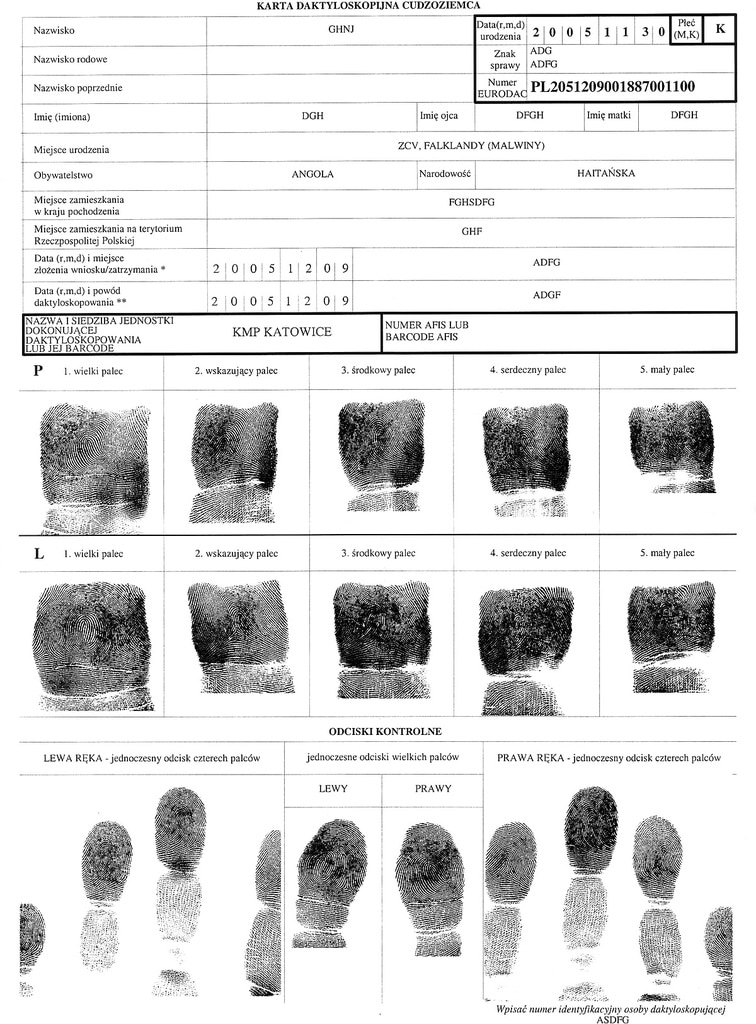Because the vast majority of potential employers these days will conduct background checks, getting a job when you have a criminal record might feel like a daunting task. There are certain sectors of the work force (like health care, financial, and many government jobs) for which a conviction can definitely disqualify you—and although in other cases it’s technically against the law for an employer to discriminate against you for your criminal record, it can be extremely difficult to prove when discrimination has actually taken place.
There’s no denying that having a conviction can haunt you, but it doesn’t have to banish you from the work force altogether. With a bit of preparation and patience, you can still get a good job even if you have a criminal record. Here are some common-sense steps to consider.
In certain situations, you may be able to have your criminal record expunged or sealed—not that it won’t be completely erased, but that those “black marks” against you won’t be visible to many potential employers. (You’re also legally allowed to answer “no” to the conviction question when your record is expunged.) An experienced criminal law attorney should be able to counsel you as to whether this is possible in your case.
-
Be honest about your record.
If you have a criminal record, don’t lie about it on the application. Remember, if the employer does a background check, it’s going to come out, anyway, and getting caught in a lie almost always means not getting hired. Honesty is the best course here.
-
Be prepared to explain.
You need to be completely educated about the nature of the charges and your conviction, so you can explain the circumstances behind your criminal record when you’re asked about it. If you’re vague or don’t have a clear explanation, it could be interpreted as indifference or convey the idea that you have something to hide. Again, be honest; don’t make excuses. Just explain what happened when you’re asked about it.
-
Assemble good references.
Having a group of reputable people or organizations that will vouch for your character can often offset the weight of a criminal record. Make sure to provide plenty of these references on your application. You might also consider volunteering at a couple of community or civic organizations to build a positive rapport.
-
Be willing to start small.
Don’t aim for the highest paying job, or the one requiring the most skills or trust, because your chances of getting it are reduced. But if you’re willing to start at an entry-level position at a company with room for advancement, you may be able to build a good reputation over time despite your criminal record, and eventually work your way into a better position in the company. Think long-term, not short-term.
For additional expert legal advice regarding your criminal record and getting a job, contact the Federal Criminal Law Center today.


